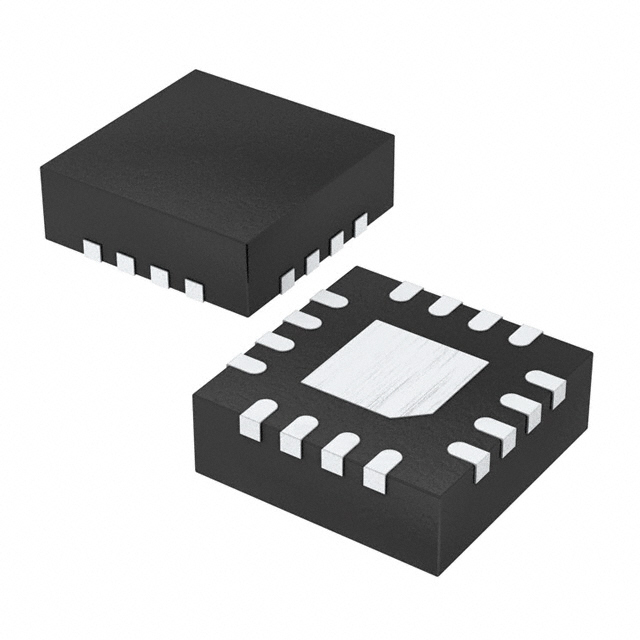In Stock : 0
Please send RFQ , we will respond immediately.









NB7L86MMNR2G Specifications
-
TypeParameter
-
Supplier Device Package16-QFN (3x3)
-
Package / Case16-VFQFN Exposed Pad
-
Mounting TypeSurface Mount
-
Operating Temperature-40°C ~ 85°C
-
Voltage - Supply2.4V ~ 3.5V
-
Current - Output High, Low-
-
Output TypeDifferential
-
Schmitt Trigger InputNo
-
Number of Inputs2
-
Number of Circuits2
-
Logic TypeConfigurable Multiple Function
-
PackagingTape & Reel (TR)
-
Product StatusObsolete
-
Series-
The NB7L86MMNR2G is a specific integrated circuit (IC) chip manufactured by ON Semiconductor. It is a high-performance differential receiver designed for various applications in the field of data communication and signal processing. Some advantages and application scenarios of the NB7L86MMNR2G IC chip include:Advantages: 1. High-speed operation: The chip supports data rates up to 10 Gbps, making it suitable for high-speed communication systems. 2. Low power consumption: It is designed to operate with low power consumption, making it energy-efficient. 3. Differential signaling: The chip utilizes differential signaling, which provides better noise immunity and signal integrity. 4. Wide operating voltage range: It can operate with a wide supply voltage range, typically from 2.375V to 3.8V, allowing flexibility in different system designs. 5. Small form factor: The chip is available in a small package, enabling compact and space-constrained designs.Application scenarios: 1. High-speed data communication: The NB7L86MMNR2G chip can be used in applications such as high-speed data transmission, including optical communication systems, Ethernet interfaces, and high-speed serial links. 2. Clock and data recovery: It can be utilized in clock and data recovery circuits, which are essential in systems that require synchronization and data extraction from incoming signals. 3. Test and measurement equipment: The chip can be employed in test and measurement equipment that requires high-speed signal processing and data acquisition. 4. Data center and networking equipment: It can be used in networking equipment like routers, switches, and servers, where high-speed data transmission and signal integrity are crucial. 5. Industrial applications: The chip can find applications in industrial systems that require high-speed data communication, such as automation, control systems, and robotics.It is important to note that the specific advantages and application scenarios may vary depending on the system requirements and the overall design considerations.
NB7L86MMNR2G Relevant information
















